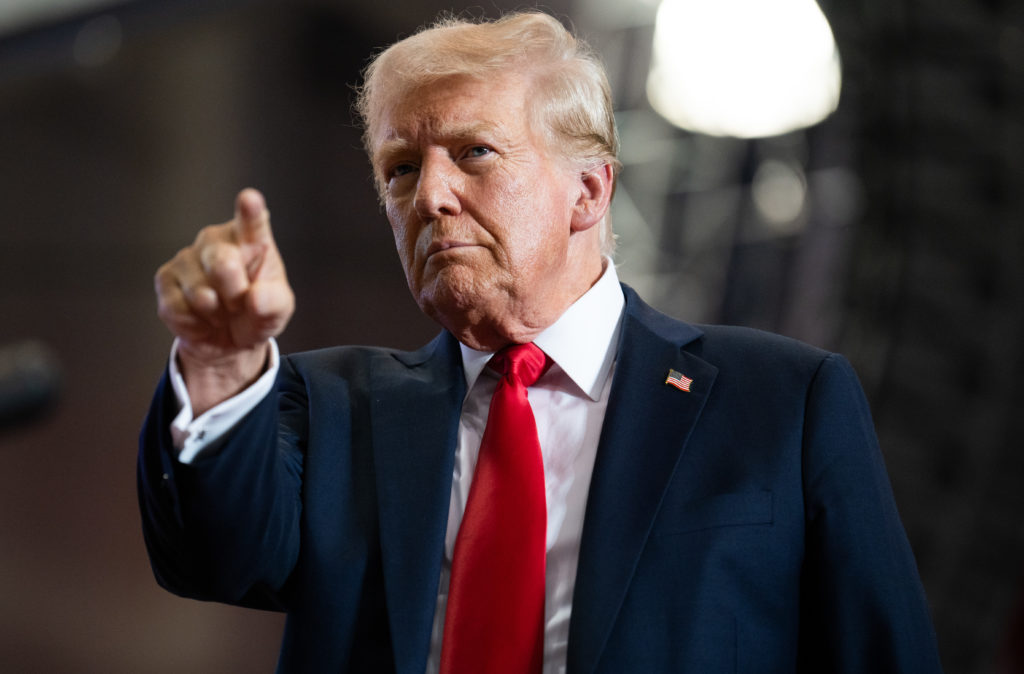In the final days of President Biden’s administration, critical decisions have set the stage for a challenging transition of power to President-elect Trump. These developments could significantly delay Trump’s ambitious policy agenda, impacting energy independence, global trade, and international diplomacy. By analyzing global forex patterns, portfolio allocation, and entry point strategies, we can better understand the implications of these political shifts on financial markets and trading strategies.
Biden’s Final Moves: Shaping a Tumultuous Transition
Before leaving office, Biden enacted a historic ban on oil drilling across over 625 million acres of U.S. waters, utilizing an old law to ensure the prohibition cannot be easily reversed. Overturning this ban would require Congressional approval—a formidable hurdle for Trump’s energy policy aimed at lowering oil and energy prices. This decision significantly affects market dynamics, with energy-related candlestick patterns providing insights into potential price shifts.
Additionally, Biden intensified international tensions by permitting Ukraine to strike deeper into Russian territory and entertaining discussions about targeting Iran’s nuclear facilities. The approval of $8 billion in weapons to Israel further escalated conflicts in an already volatile West Asia. These geopolitical maneuvers have immediate repercussions on global forex patterns, making auto trade alerts and portfolio allocation strategies essential tools for navigating this environment.
Implications for Trump’s Policy Agenda
These moves directly impact Trump’s plans for energy independence and economic recovery. Legislative barriers to lifting the oil drilling ban may delay his ability to stabilize domestic energy prices—a key campaign promise. Traders can benefit from monitoring candlestick patterns to identify entry points in energy and commodity markets during this period of uncertainty.
The blacklisting of major Chinese firms by Biden’s Pentagon, including Tencent and CATL, complicates international relations further. The affected companies face reputational harm and potential sanctions from the U.S. Treasury. This action has provoked strong criticism from Beijing, escalating trade tensions and potentially reshaping global trade dynamics. Auto trade alerts and real-time monitoring become vital for traders aiming to capitalize on rapid market movements triggered by these developments.
A Strategic Provocation Against Beijing
China views the blacklisting as a direct challenge, particularly given recent geopolitical developments in Southeast Asia. This move has strained U.S.-China relations, prompting Beijing to explore measures to stabilize its economy, such as reducing reliance on the U.S. dollar and reshaping global trade norms. For investors, understanding these shifts is critical, with strategic portfolio allocation helping to mitigate risks and optimize returns.
The Road Ahead for Trump
President-elect Trump faces a turbulent start to his term, with challenges that span energy policy, international conflicts, and economic stability. Entry point strategies and global forex patterns will play a crucial role in navigating these early obstacles. His administration’s ability to address these issues will not only define his leadership but also influence the U.S.’s standing in a rapidly evolving global order.
Traders and investors must remain vigilant, leveraging tools like candlestick patterns, auto trade alerts, and strategic portfolio allocation to adapt to these changes. By understanding the intersection of political decisions and market dynamics, they can position themselves for success in an uncertain economic landscape.









